Warning of the risk of eroding human rights achievements
 Báo Quốc Tế•22/10/2023
Báo Quốc Tế•22/10/2023 Geopolitical instability and rifts in international diplomatic and economic relations are adding further headwinds to efforts to ensure equal rights globally.
Same tag

Same category



Discover Mu Cang Chai terraced fields in the flooding season

Fascinated by birds that lure mates with food

What do you need to prepare when traveling to Sapa in the summer?

The wild beauty and mysterious story of Vi Rong cape in Binh Dinh
Same author
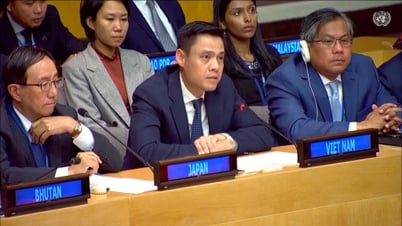
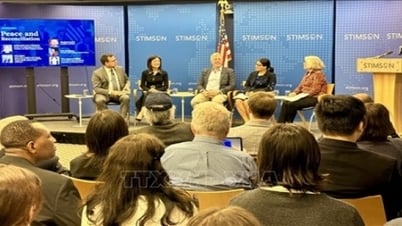



![[Photo] Prime Minister Pham Minh Chinh receives Country Director of the World Bank Regional Office for Vietnam, Laos, Cambodia](https://vphoto.vietnam.vn/thumb/1200x675/vietnam/resource/IMAGE/2025/5/15/2c7898852fa74a67a7d39e601e287d48)
![[Photo] In May, lotus flowers bloom in President Ho Chi Minh's hometown](https://vphoto.vietnam.vn/thumb/1200x675/vietnam/resource/IMAGE/2025/5/15/aed19c8fa5ef410ea0099d9ecf34d2ad)

![[Photo] President Luong Cuong attends the National Ceremony to honor Uncle Ho's Good Children](https://vphoto.vietnam.vn/thumb/1200x675/vietnam/resource/IMAGE/2025/5/15/9defa1e6e3e743f59a79f667b0b6b3db)


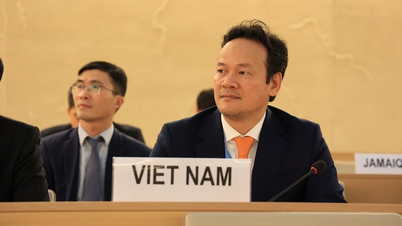

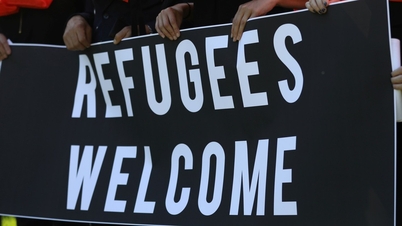


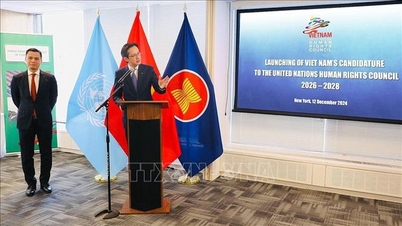

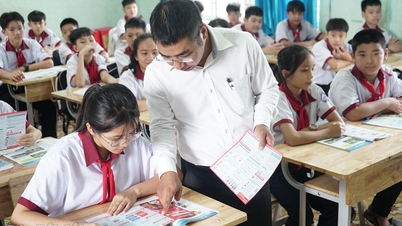







![[Photo] Close-up of An Phu underpass, which will open to traffic in June](https://vphoto.vietnam.vn/thumb/1200x675/vietnam/resource/IMAGE/2025/5/15/5adb08323ea7482fb64fa1bf55fed112)







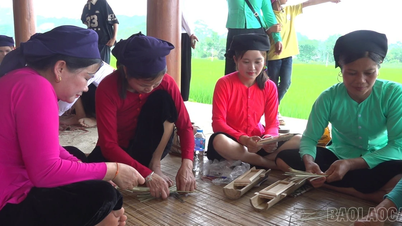































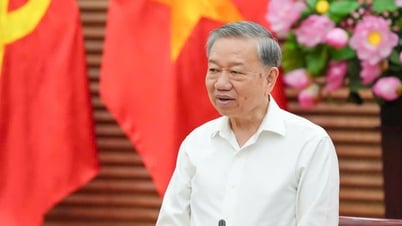
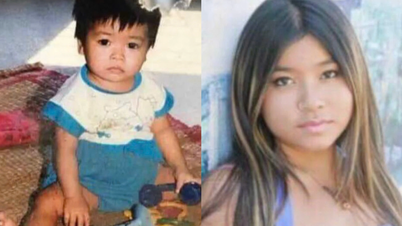
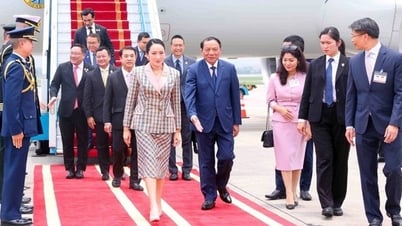

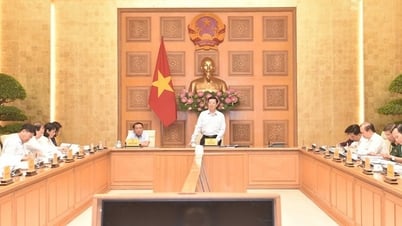



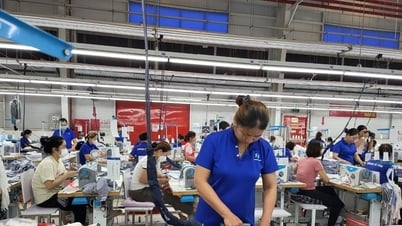





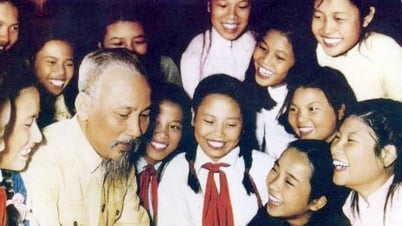
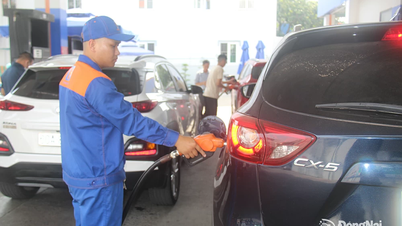

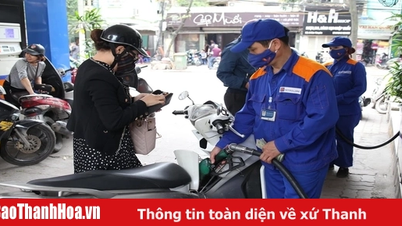











Comment (0)